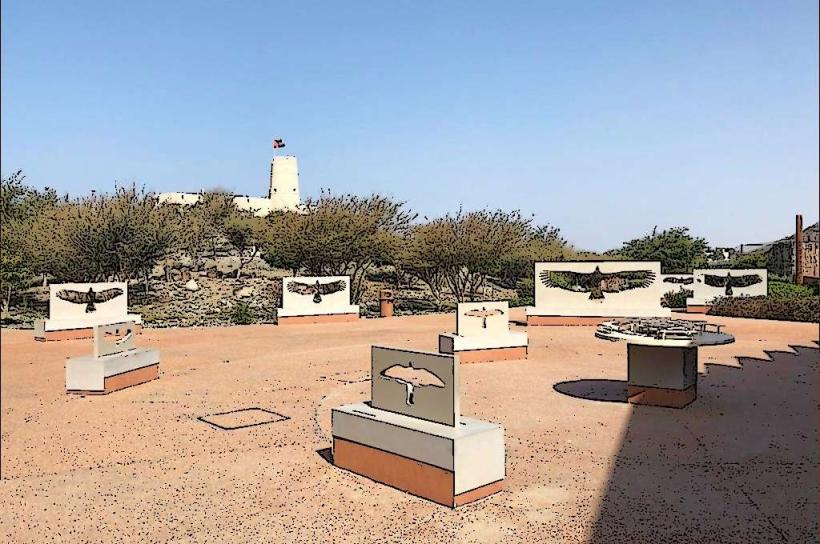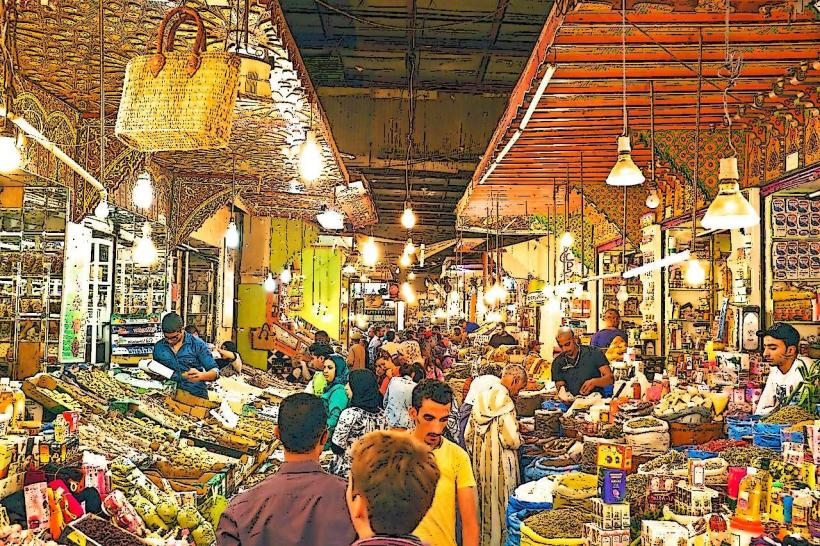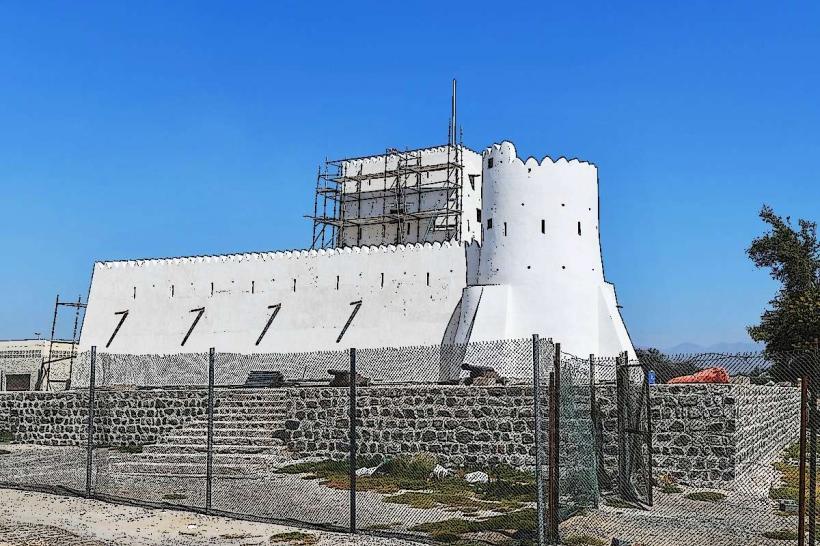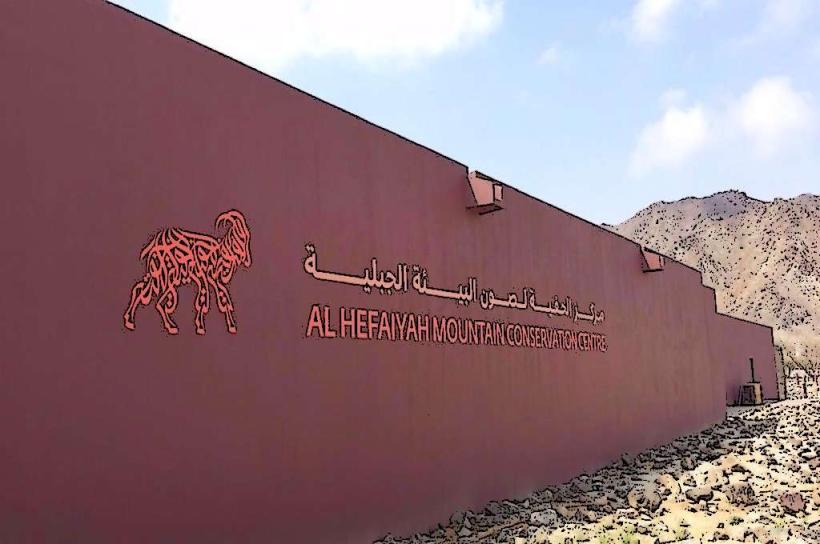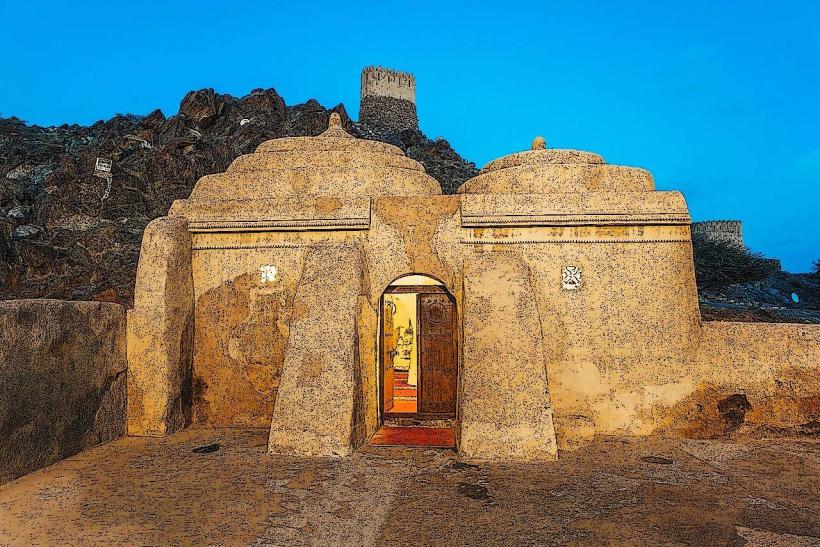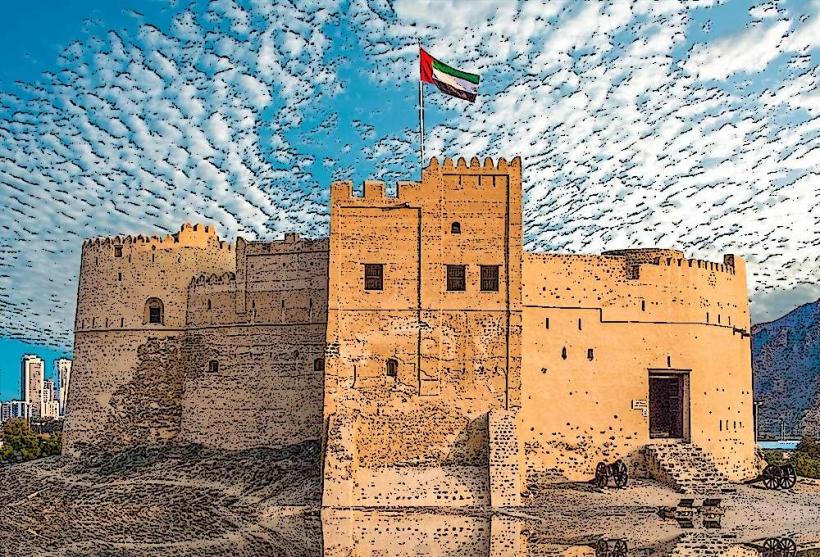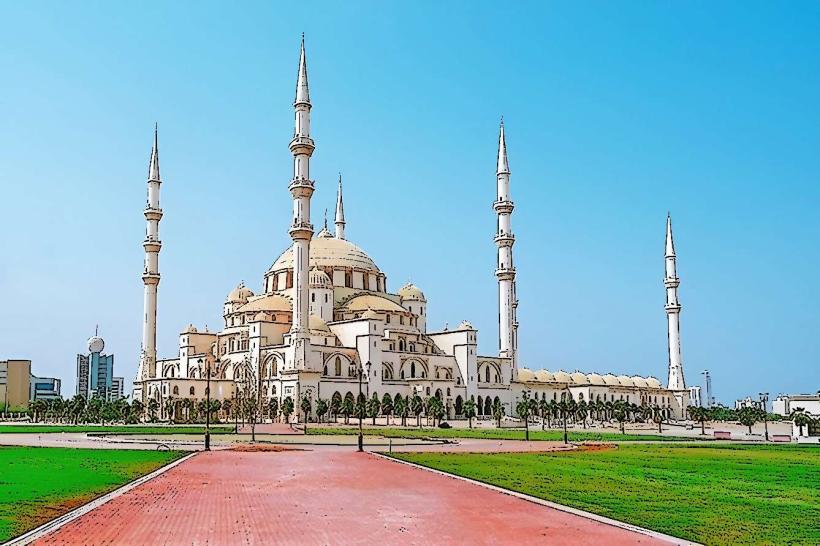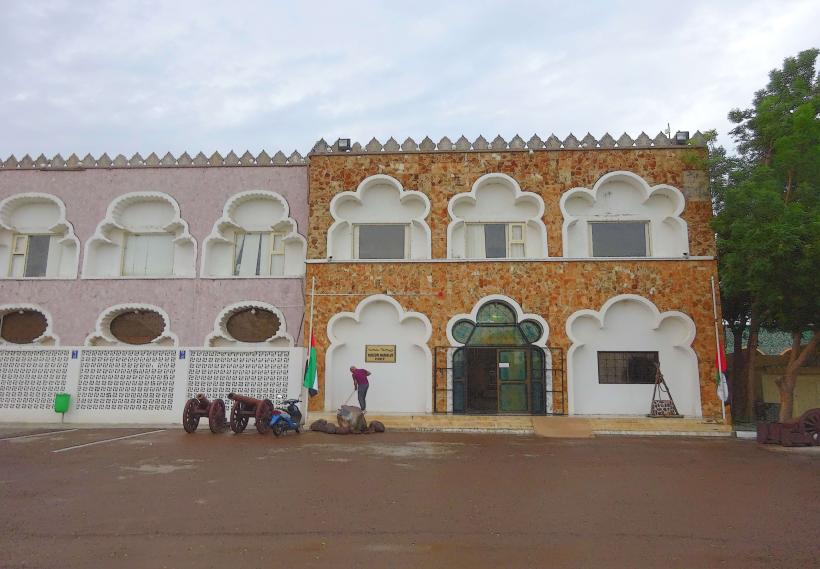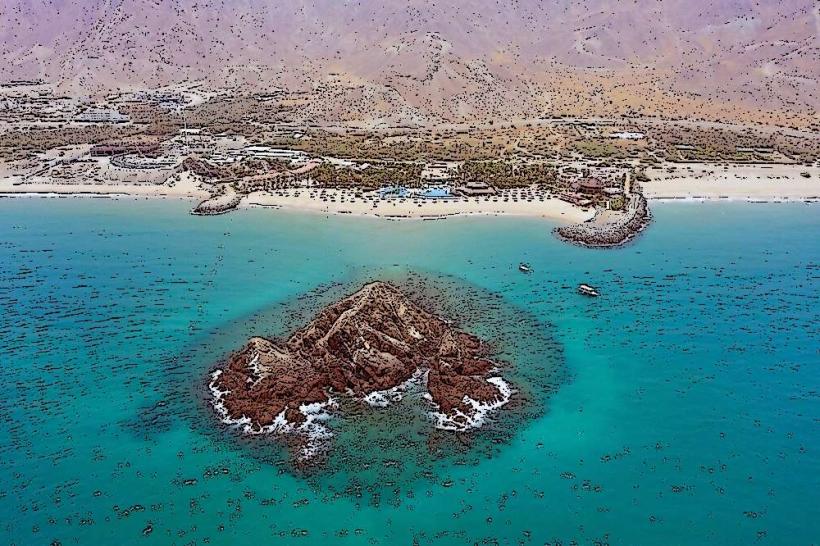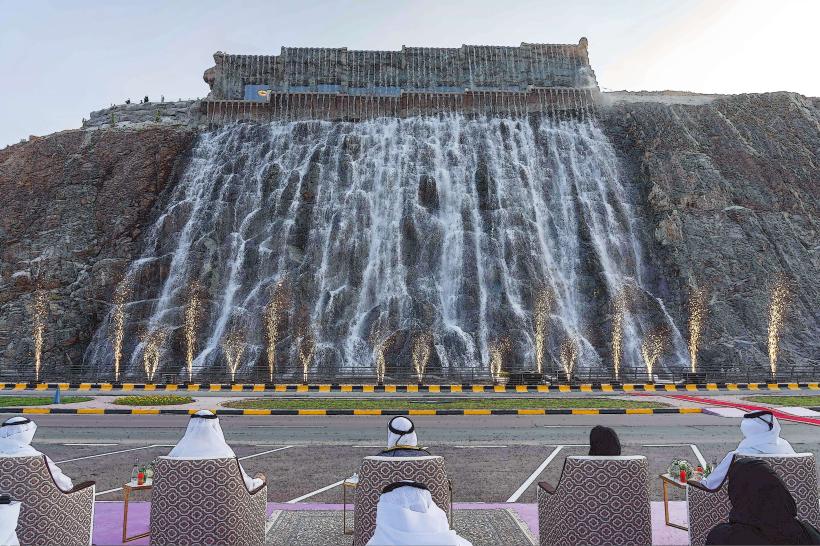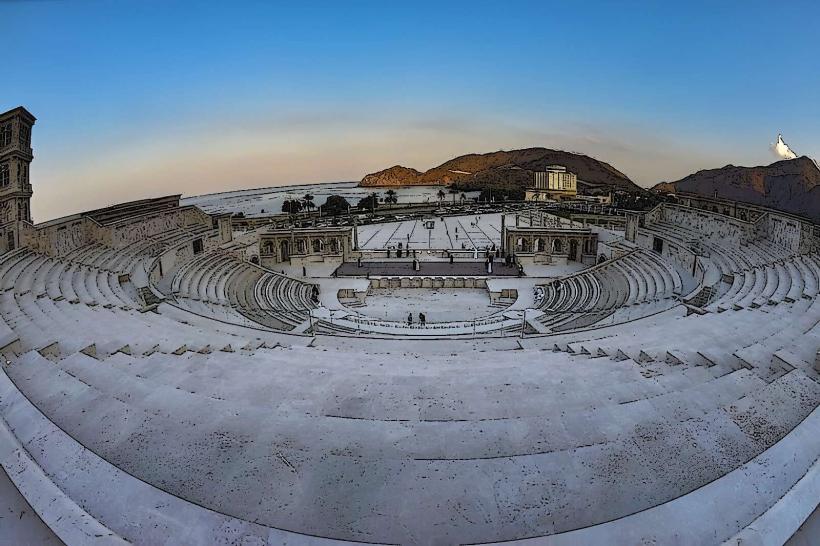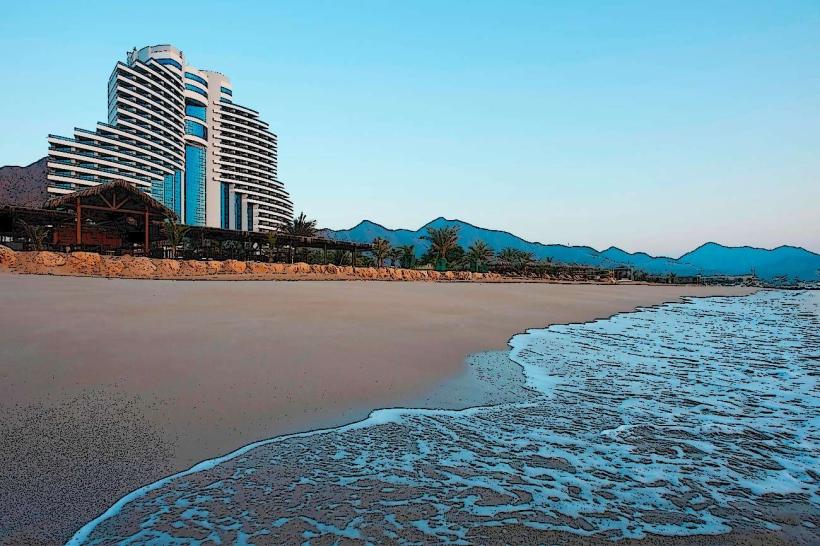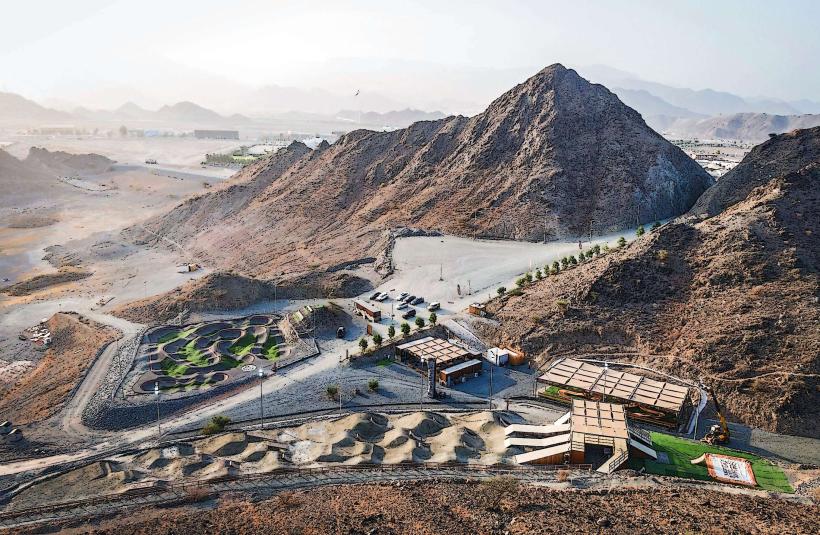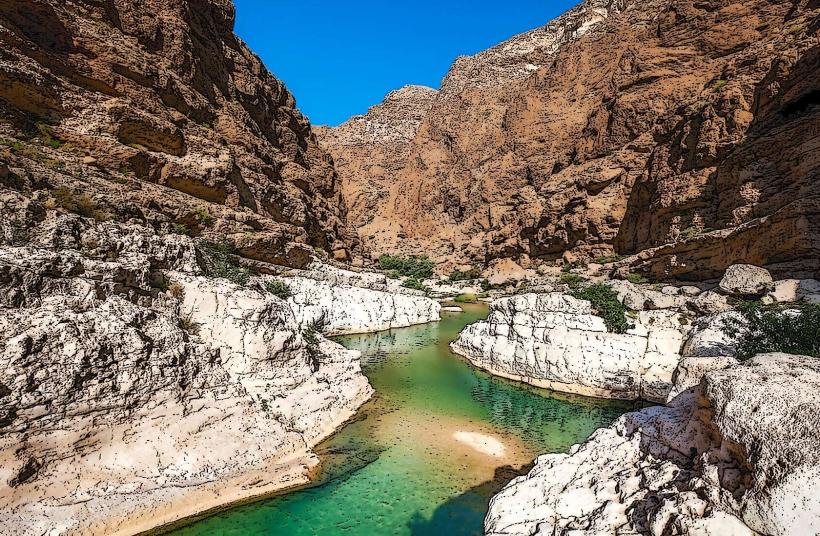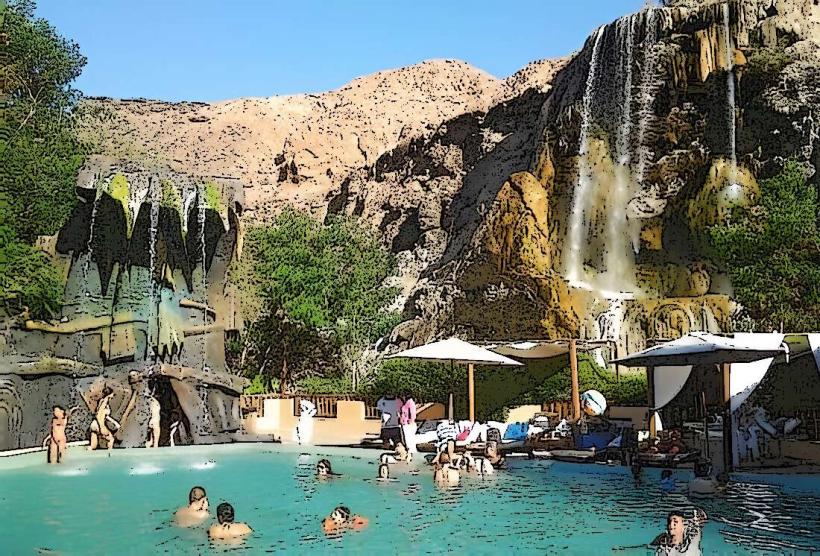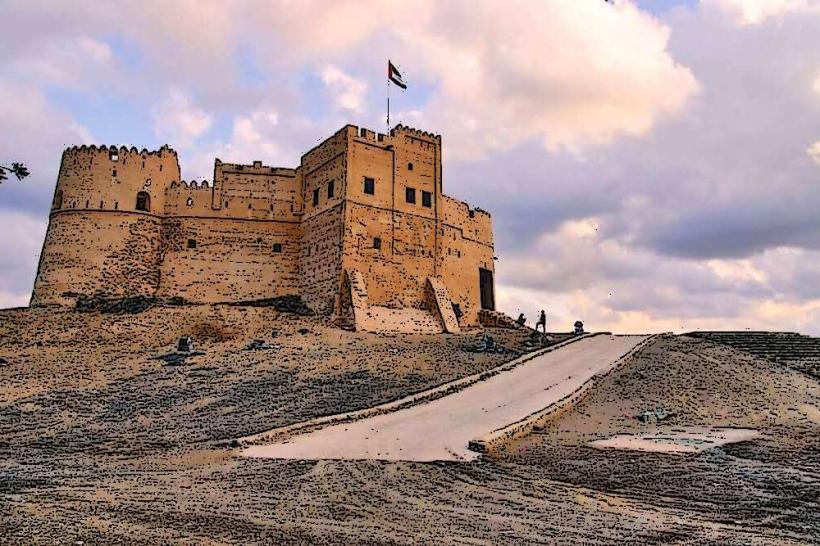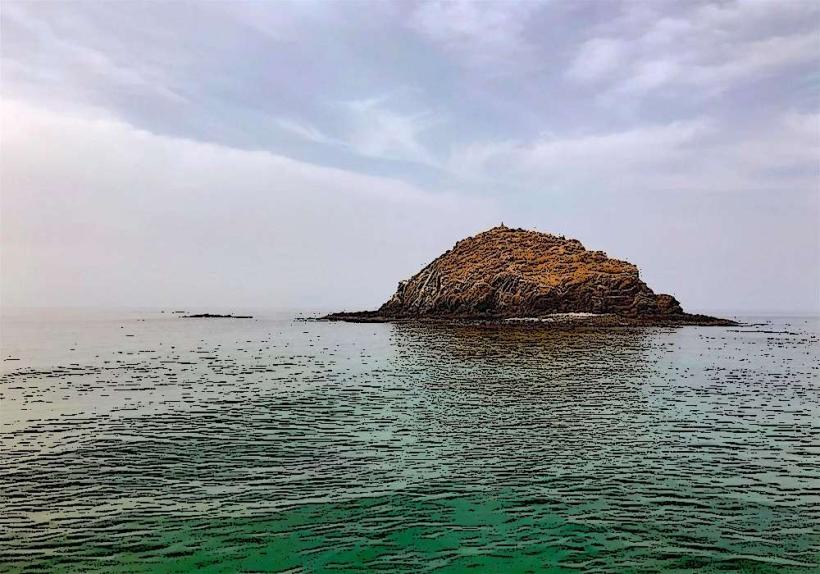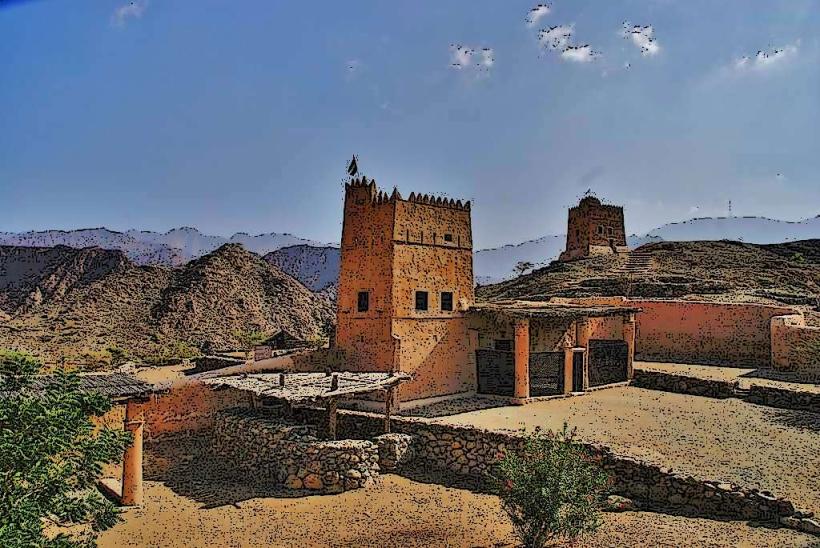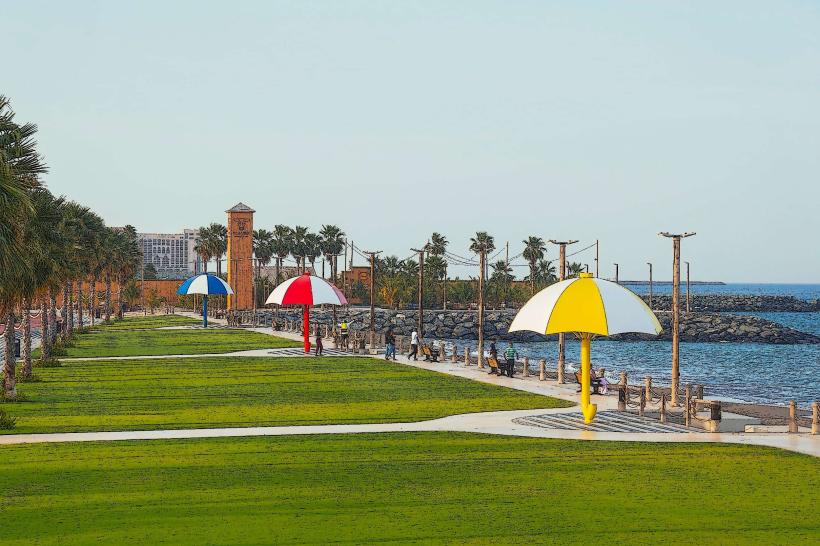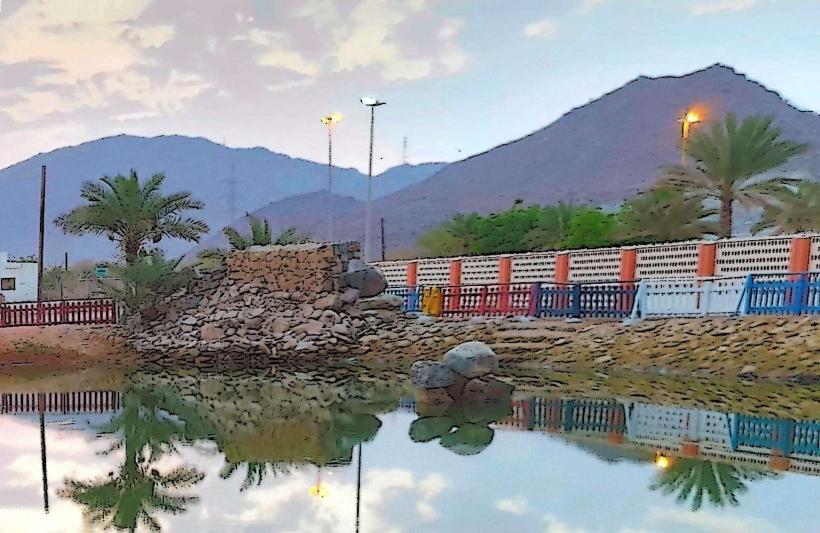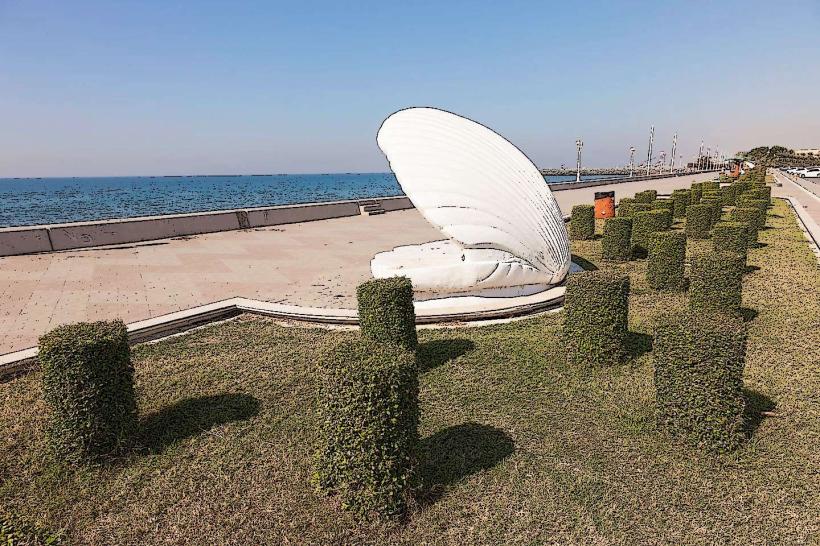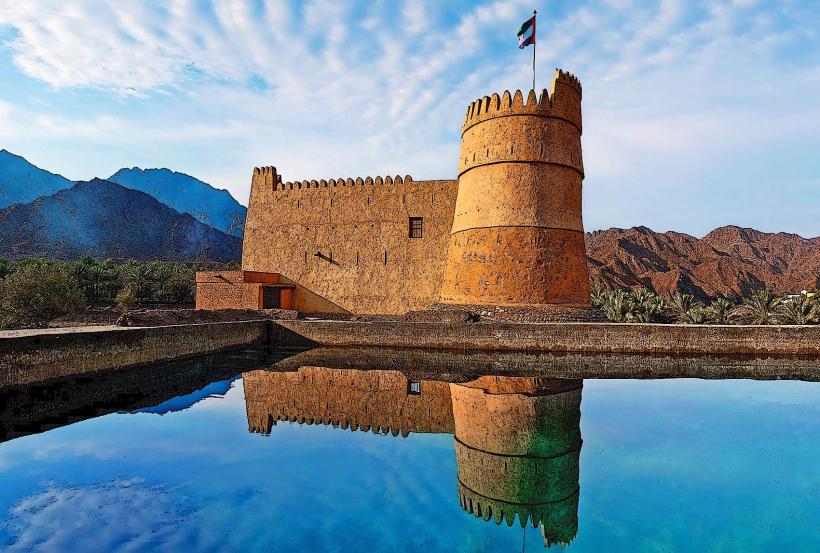Information
City: FujairahCountry: United Arab Emirates
Continent: Asia
Fujairah, United Arab Emirates, Asia
Fujairah serves as the strategic maritime gateway for the United Arab Emirates on the Indian Ocean and is the nation's primary hub for global ship bunkering and oil storage. It is the only emirate situated entirely on the eastern coast, separated from the rest of the country by the Hajar Mountains.
Historical Timeline
The region has been inhabited since the Neolithic period, with evidence of human activity dating back 125,000 years at Jebel Faya. Modern governance began in 1808 when Sheikh Mohammed bin Mattar of the Al Sharqi tribe established the old city and fort. Fujairah was the last emirate to be recognized as an independent Trucial State by the British in 1952, a move driven primarily by oil concession interests. The primary event that shaped its current urban form was the 1978 construction of the Port of Fujairah, which bypassed the Strait of Hormuz and established the city as a global energy terminal.
Demographics & Population
The total population of the Fujairah Emirate reached approximately 315,000 in early 2026. The demographic split is roughly 30% Emirati nationals and 70% expatriates. Unlike Dubai, Fujairah maintains a higher proportion of local citizens to preserve its traditional character. The median age is approximately 32 years.
Urban Layout & Key Districts
The city is organized linearly between the Hajar Mountains and the Gulf of Oman. Downtown Fujairah (Hamad Bin Abdulla Road) is the central business district containing office towers and major retail. The Waterfront (East) is dominated by the Port of Fujairah and massive oil storage terminals. Al Faseel is the primary upscale residential and medical district to the North, while Madhab houses the heritage and cultural sites near the foothills.
Top City Landmarks
Sheikh Zayed Grand Mosque (The UAE’s second-largest mosque)
Fujairah Fort (16th-century mud-brick fortification)
Al Badiyah Mosque (The oldest standing mosque in the UAE, built c. 1446)
Fujairah Museum (Archaeological and ethnographic collections)
Wadi Wurayah (UNESCO Biosphere Reserve and mountain waterfall)
Transportation Network
Internal movement is dependent on private vehicles and the "Fujairah Taxi" fleet (silver with yellow roof signs). There is no metro or tram system. Inter-city buses connect Fujairah to Dubai (Union Station) and Sharjah. Ride-sharing via Careem is available for taxi booking. Traffic density is moderate, concentrated primarily on Hamad Bin Abdulla Road during business hours.
Safety & "Red Zones"
Fujairah is exceptionally safe with negligible crime rates. There are no designated "red zones." The most significant risks are natural rather than social, specifically flash flooding in mountain wadis during rare heavy rain events and extreme heat exhaustion during summer hiking. Foreigners are prohibited from owning land in the emirate, except in specific 100-year leasehold zones.
Digital & Financial Infrastructure
Average fixed internet speeds are 200+ Mbps. Mobile carriers are Etisalat (e&) and Du, both providing full 5G coverage across the city and into the mountain valleys. Card acceptance is universal in malls and hotels, though cash (AED) is necessary for small transactions in the "Friday Market" (Souq al Juma) and local cafeterias.
Climate & Air Quality
Temperatures range from 16°C to 26°C in winter and 30°C to 42°C in summer. Due to its eastern location, Fujairah experiences slightly higher rainfall (120mm annually) and marginally more moderate temperatures than the western coast, though humidity remains high. Air quality is high in the city, but can be impacted by dust from the stone crushing and mining industries in the mountain outskirts.
Culture & Social Norms
Social standards are conservative. Tipping is voluntary; 10–15% is standard in restaurants. Dress code requires shoulders and knees to be covered in all public areas. Alcohol is restricted to licensed hotels and clubs; public intoxication is a criminal offense. Unlike other emirates, Fujairah maintains a "dry" status for general retail, though consumption is permitted in designated hospitality venues.
Accommodation Zones
Al Aqah (North): Stay here for luxury beach resorts, world-class diving, and mountain views.
City Center: Stay here for logistical proximity to the airport, business districts, and the historical museum complex.
Local Cost Index
1 Espresso: 20 AED ($5.45)
1 Standard Lunch: 35 AED ($9.50)
1 Inter-city Bus (to Dubai): 25 AED ($6.80)
Nearby Day Trips
Khorfakkan (Waterfall & Amphitheater): 25 km (25 minutes)
Dibba (Musandam Dhow Cruises): 60 km (50 minutes)
Kalba (Mangroves & Bird of Prey Center): 15 km (15 minutes)
Friday Market (Masafi): 30 km (30 minutes)
Facts & Legends
A verified historical oddity is that Fujairah is the only emirate with no coastline on the Persian Gulf. A prominent local legend surrounds the "Bull Butting" tradition (Muraqaba), a non-lethal, bloodless spectator sport unique to Fujairah where Brahman bulls engage in head-to-head wrestling, a practice said to have been introduced by the Portuguese in the 16th century or through historical trade links with the Indian subcontinent.

